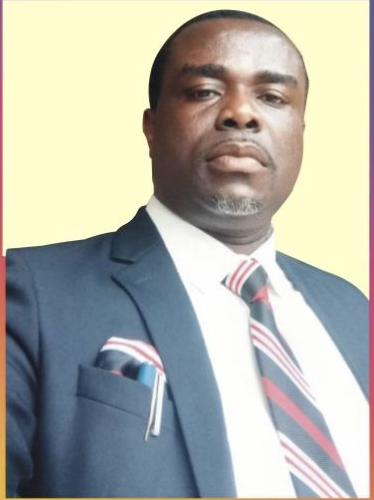“Every human being created in the image of God is endowed with a power akin to that of the Creator: individuality, power to think and to do… It is the work of true education to develop this power” – Ellen G. White
Constructive learning theory is a recent educational theory which, as Challammal notes, is linked to the efforts of John Dewy, Jean Piaget, Jerome Brunner, Vygotsky and other cognitive psychologists. Classroom teachers have often seen low-achieving students showing a continuing poor trend in learning outcomes. Nwangwa and Amadi define a low-achieving student in the classroom as someone who struggles with perception, encoding, assimilation, and independent understanding of concepts and with connecting learning across subjects. As they studied ways to improve the performance of low-achieving learners, cognitive psychologists developed the idea that true education is achieved for all learners when students are innovative, creative, and able to reconstruct old knowledge into new ideas for a better society.

Pokroprek, Coasta, Flisi and Biagi point out that constructivist learning theory is an active, innovative teaching and learning strategy that moves the attention and mode of operation of learning from the teacher to the student as the most active participant. It is a learning theory which believes that a student’s learning should be based on the previous information which a student has acquired in the past and should engage the brain in knowledge reconstruction, brainstorming, and critical thinking so as to arrive at new ideas and opinions. The learner should be motivated to make personal assessments of the environment and practice personally perceiving facts and interpreting, encoding, and assimilating those facts.
In such a learning situation, the teacher initiates the classroom activity and allows students to explore the subject matter with as little interference as possible. All activities in a constructivist classroom are designed to create room for the student to be motivated intrinsically and engage with new learning in a meaningful way.
Such learning requires procedures designed to encourage this type of learning. Challammal suggests that teachers developing a constructivist classroom should:
- Encourage student confidence in their ability to think independently of external interferences.
- Ensure that students have access to quality digital sources of information that will enable them to compare previous knowledge with new information.
- Plan lesson activities around action words like predict, analyze, classify, or create to direct students towards active learning.
- Allow students to work independently and conduct self-assessment as they learn new information.
- Encourage students to continually organize information, mentally reconstruct, and make elaborations in the brain to produce new knowledge.
- Use teacher-created and standardized testing to evaluate student progress towards understanding of basic concepts.
The constructivist classroom is the engine room for scientific, industrial and technological developments, and encourages growth in all students. More importantly, constructivist learning encourages the ability to work and think independently. As Ellen G. White says, students should learn to be “thinkers and not mere reflectors of other men’s thought.” Constructivist learning helps guide our students towards this goal.

